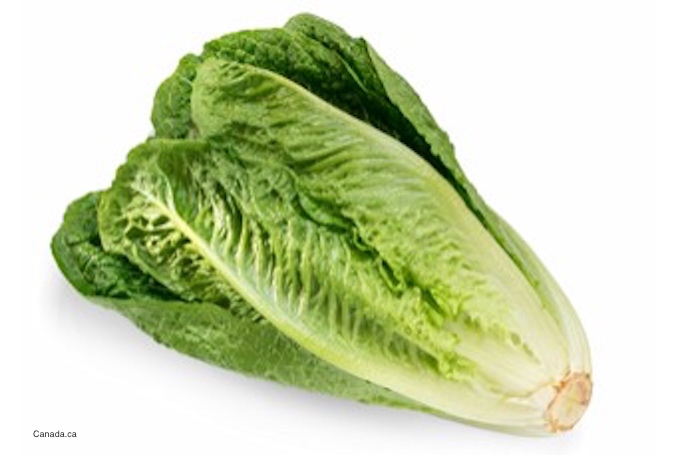An E. coli O157:H7 outbreak at the Anvil Mountain Correctional Center in Nome, Alaska may be connected to the nationwide outbreak linked to chopped romaine lettuce grown in Yuma, Arizona. The Department of Health & Social Services, Department of Environmental Conservation, and Department of Corrections issued a joint press release about this outbreak.

Eight confirmed cases have been identified. The romaine lettuce consumed by the Nome patients was grown in Yuma, Arizona, according to investigators. State officials are telling Alaskans to avoid any romaine lettuce products that could be contaminated. Restaurants, retailers, and consumers should ask their suppliers about the source of the lettuce. This statement, for the first time, says that consumers should avoid whole head and chopped romaine lettuce.
No cases have been identified outside of the Anvil Mountain Correctional Center. None of the patients in Alaska have been hospitalized, and no deaths are reported.
Prisons have special circumstances, since meals are served from a single kitchen to a large group of people. Like nursing homes and schools, prisons can have food poisoning outbreaks. And because of crowded conditions, these illnesses can be spread person-to-person.
These patients are not included in the case count of 53 ill in 16 states that the CDC has reported. Lab tests will be conducted to determine if the PFGE and WGS fingerprints of the bacteria that sickened these patients is the same as other sickened.
The symptoms of an E. coli infection include severe and painful stomach and abdominal cramps, along with bloody diarrhea. People usually start feeling sick a few days to a week after they ingest food contaminated with the pathogenic bacteria. Most people do see a doctor when they contract this infection because the symptoms are so serious.
E. coli infections can cause serious lifelong health problems. In some people, the infection can progress to hemolytic uremic syndrome, a type of kidney failure.




